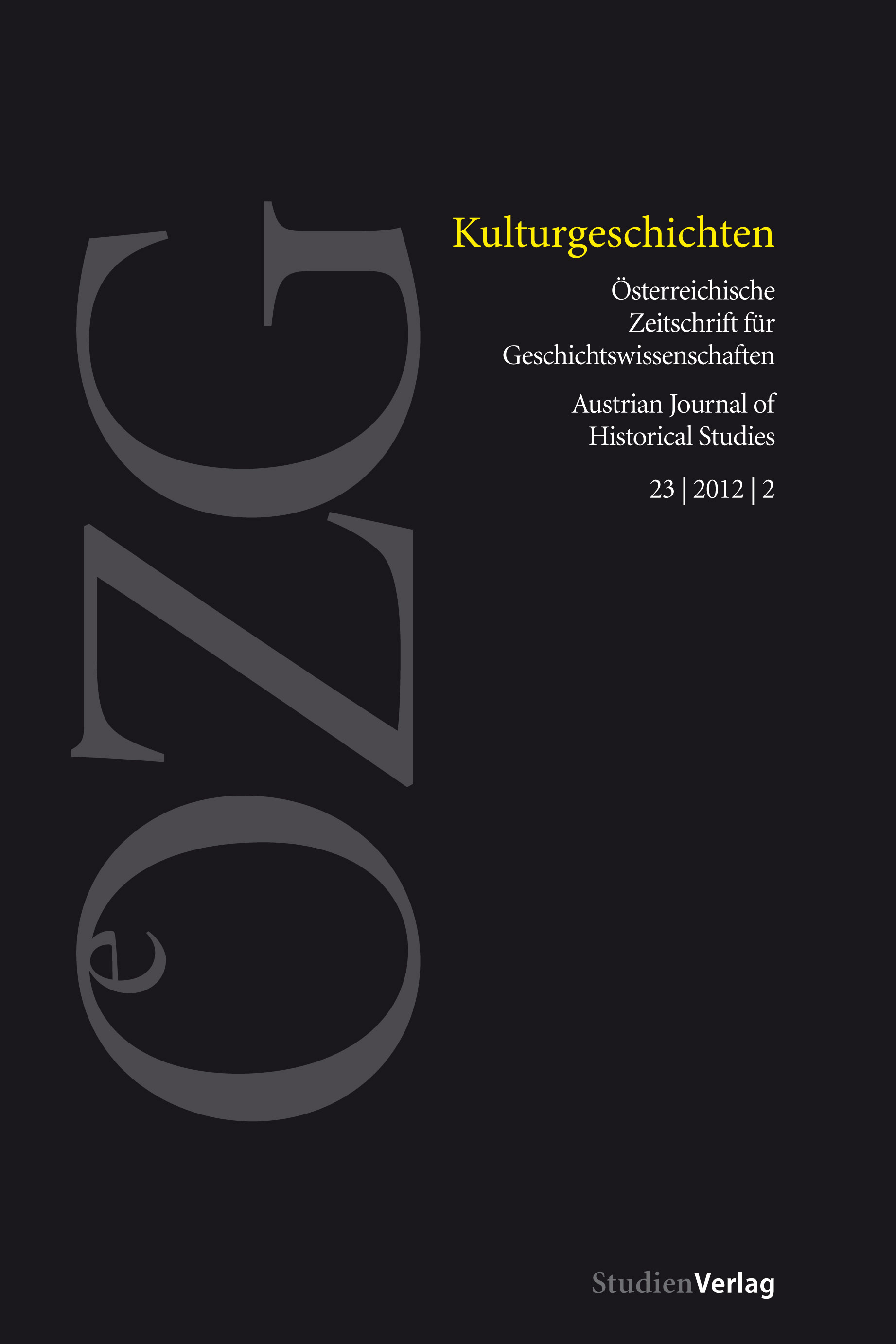Kohärente Erinnerung?
Thesen zu Diskurs und Alltagsverstand in narrativen Quellen
DOI:
https://doi.org/10.25365/oezg-2012-23-2-9Schlagworte:
Remembering, narration, discourse, common sense, coherence, hegemonyAbstract
Foucault’s discourse theory and Antonio Gramsci’s studies on common sense form a central point of reference for historical cultural studies that aim at transforming cultural into social analysis. Even for biographical research, discourse analytical perspectives have gained increasing importance. Biographical narrations are penetrated by discursive structures, particularly when it is about a consistent life story that excludes contradictions and thus obtains coherence. Gramsci’s use of the term coherence differs from Foucault’s in that it refers to a common sense which has become systematic and critical. Against this background the paper addresses the points of intersection between discourse and common sense in the context of biographical narrations. Thereby the question of biographers aiming at bringing together experiences in a senseful way is of central concern.


